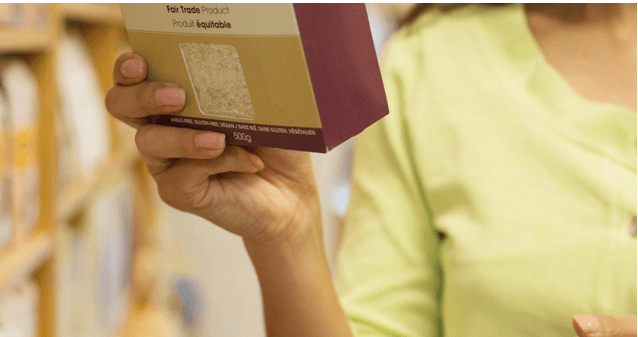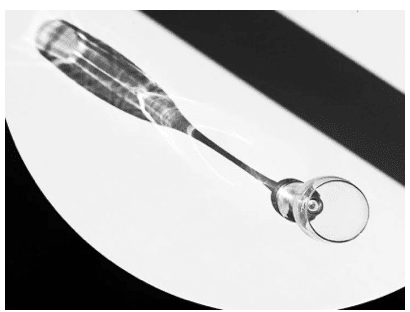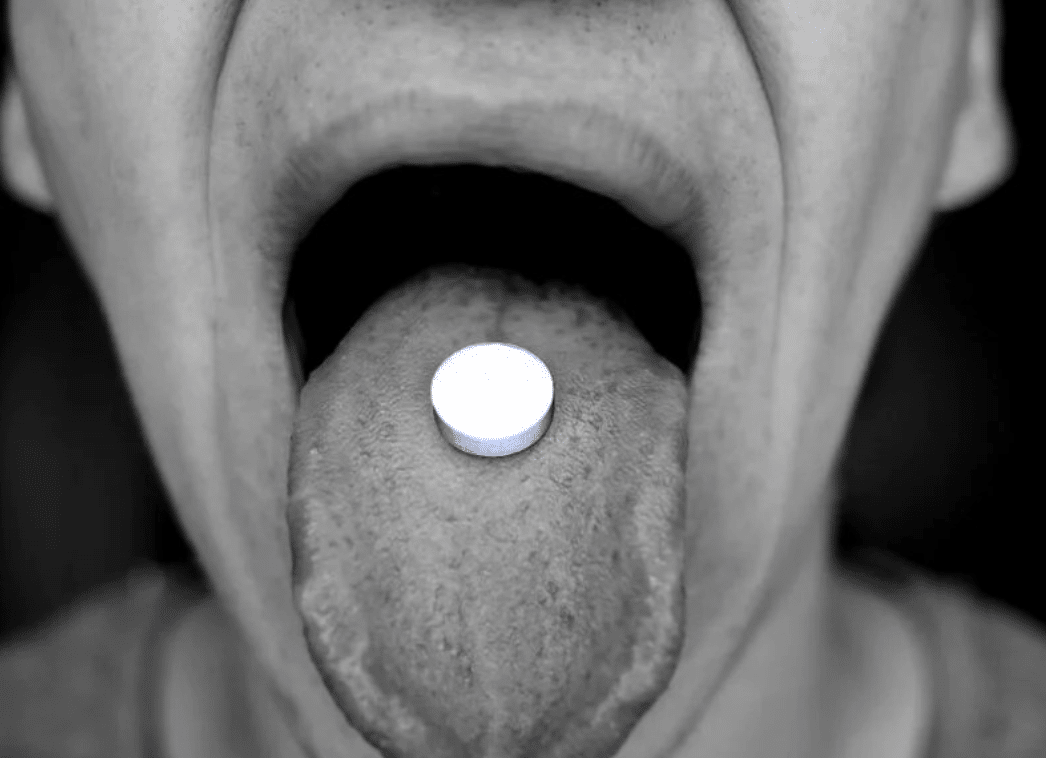What does it mean to be organic, anyway?
In the U.S., food can only be labeled as organic after undergoing certification from the U.S. Department of Agriculture (USDA). Main requirements for products to be labeled as organic include the absence of any genetic engineering, ionization, and sewage sludge procedure in the creation of the product. In addition to this, processes that are undertaken for the product must also be certified as organic.
As organic labels are taking over the supermarket, and possibly other areas as well, a lot of questions need to be answered. What exactly does it mean to be organic? How does it differ from others? How is it better than other types of food?
This is exactly what the researchers from Cornell University set out to learn with their study “You taste what you see: Do organic labels bias taste perceptions?” In the study, they examined the effects of labeling products to be organic, especially when it came to the consumers. What they found was astonishing: the organic label greatly affects how the product is perceived. The “organic” label led consumers to believe that these products were healthier than others, thus altering their perception of the food’s calories, taste, and value. Researchers call this the “health halo” effect.
For the study, 115 people were asked to evaluate three pairs of products: two yogurts, two cookies, and two potato chip portions. An item from each pair was labeled as organic, while the other one was labeled regular. Participants then had to evaluate the food: rating the taste and caloric content of each, as well as giving an amount that they will shell out to pay for it. Questions about the participants’ shopping habits and environmental practices were also asked.
100% organic essential oil sets now available for your home and personal care, including Rosemary, Oregano, Eucalyptus, Tea Tree, Clary Sage and more, all 100% organic and laboratory tested for safety. A multitude of uses, from stress reduction to topical first aid. See the complete listing here, and help support this news site.
However, the researchers didn’t tell the group that both products were organic and identical.
The results of the study indicated that the organic label attached to the products skewed the perception of the participants regarding it. The group estimated the caloric content of the cookies and yogurt to be fewer, and they were willing to pay up to 23.4 percent more for them. This shows that labeling a product to be organic already creates a health halo around it. This effect is not limited to perception alone. People reported that the “organic” and chips were more delicious and that they believe these are lower in fat than the regular kind. Even the taste was affected by the label. People reported that “organic” chips were more mouth-watering, and yogurt was more flavorful compared to its regular counterparts.
The university had already delved into the study of how perceptions are skewed with the use of food. In an earlier study, the health halo effects were also studied by scientists in relation to low-fat foods. In this study, they discovered that people tend to eat more if a snack carries the low-fat label. A key factor in understanding the results of the study would be how the participants perceived low-fat food, with people stating that they initially surmised the calorie content to be lower than 50 percent of the regular snack.
With all this mix-up regarding organic labels, how do we become more aware? The study found that consumers who regularly check the labels of their food, have a pro-environmental outlook, and those who practice buying organic food as part of their lifestyle were found to be less likely to fall victim of the health halo surrounding organic food.
Most importantly, the organic label does not indicate health benefit, rather, it is a way to know that your product was made using natural methods.
So before you choose from the two pair of cookies on the shelf, it’s best to read them first. After all, cookies, organic or not, are still cookies at the end of the day.
How many pounds have you lost this month? At Dieta Efectiva you can lose 10-12 lbs your first week and 2-5 lbs every week after. Visit us dietaefectiva.netto learn more about our program.







